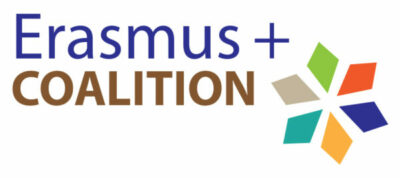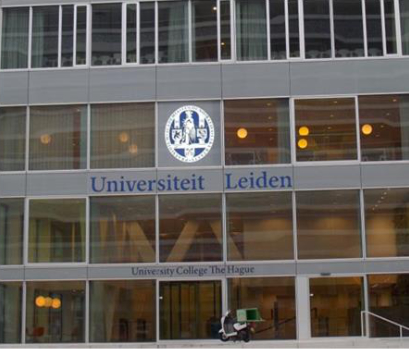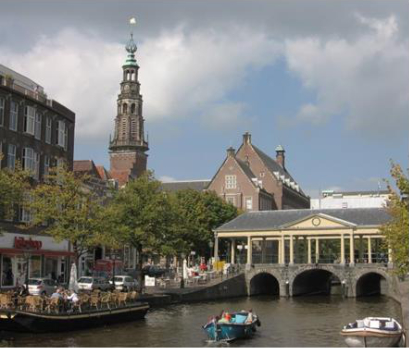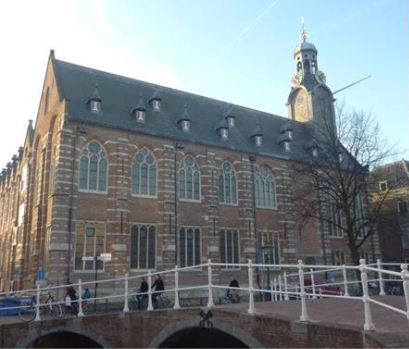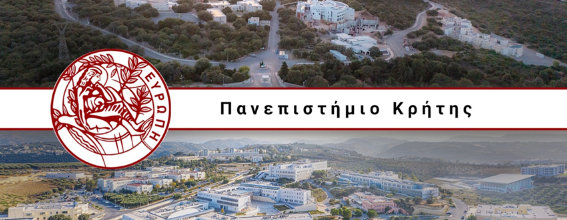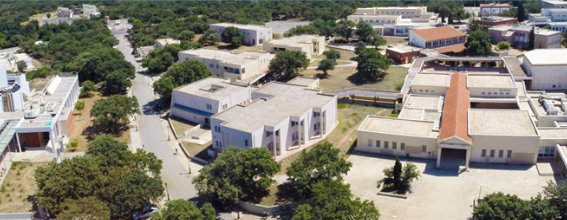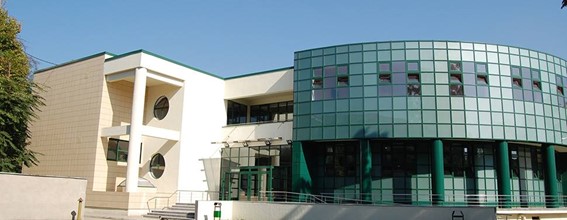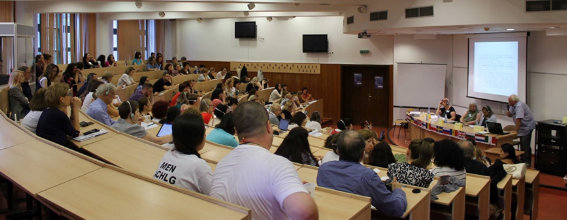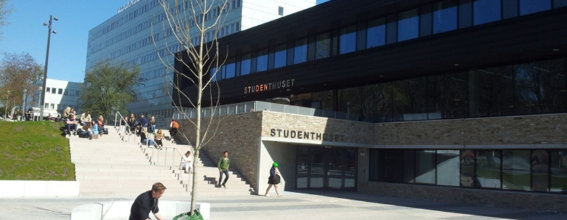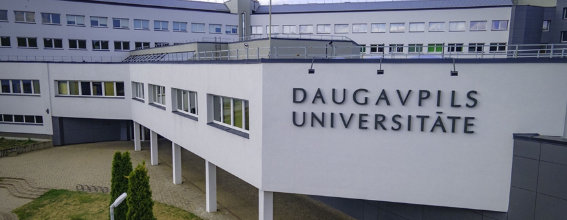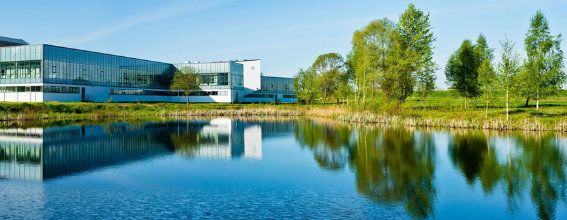Leiden University is one of Europe’s foremost research universities. It is the oldest university in the Netherlands, founded in February 1575, and currently ranks in the top 100 of most international rankings. The University has more than 33,000 students and over 7,000 staff members which operates at 2 locations: in the cities of Leiden and The Hague. It consists of 7 faculties: Archaeology, Humanities, Law, Medicine, Natural Sciences, Social Sciences, and Governance & Administration. The faculties offer a varied range of bachelor’s, master’s, and PhD programs. Most master programs are fully taught in English. In addition, two other units offer post-academic training: the Institute for Environmental Sciences (CML), and the Graduate School of Education (ICLON).
Leiden University is a member of the League of European Research Universities (LERU), a partnership of prominent research universities in Europe, and of the Coimbra Group, a network of leading European universities. Leiden University aims to maintain its internationally recognized position as a leading research-intensive university within the European area for higher education and research.
As a European research university, Leiden University stands for high quality research and academic teaching. Our lecturers integrate their research in their teaching activities and our students perform in a challenging study environment that is becoming increasingly international. Leiden University’s Graduate School of Education (ICLON) has the overarching aim to improve the quality of teaching-learning situations through a deep theoretical understanding of teaching and teacher learning. The research program aims to both contribute to the development of theory as well as the improvement of practice with a primary focus on the teacher’s role as the crucial factor for the quality of education. The academic staff, together with postdocs and PhD students work on a variety of projects in primary, secondary, and higher education.
The University of Crete is a multi-disciplinary, research-oriented public educational institution. Located at campuses in Heraklion and Rethymnon on the island of Crete, a site rich in ancient and modern Mediterranean cultures, the University offers a vibrant social and intellectual environment for research and education. It is a young public educational institution, established in 1973 accepting its first students in 1977-78. Currently, around 20,000 undergraduate and 3,500 graduate students study at UoC through the Faculties of Philosophy, Education, Social Sciences, Sciences & Technology, and Medicine, taught by an outward-looking academic staff committed to excellence in research and teaching. Postgraduate studies, research, and research training in Crete benefit from an academic and technological environment of international standards, built up over the last 40 years, by Departments of UoC with the Institutes of the Foundation for Research and Technology-Hellas (FORTH), the Hellenic Centre for Marine Research (HCMR), the University General Hospital (PagNi), the Hellenic Mediterranean University and other institutions in Crete. These provide a critical mass of expertise in HSS, STEM disciplines and Medicine and access to excellent complementary facilities for research and research training in highly competitive fields.
The Teaching and Learning Centre of the University of Crete embraces an open culture of formal and informal exchange of good pedagogical practices among teaching staff and Faculty at the University of Crete. The main focus of its endeavour is to promote student-centred learning in large audiences in higher education and strive for personalized learning experiences that accord with the demands of current digital learning practices.
The University of Cantabria is a young and modern public institution whose main objective is to contribute to social progress through its commitment to teaching and scientific excellence. To achieve its aims, it strives to constantly improve the quality of its work, which translates into the assessment and improvement of all its teaching, research, and administrative activity. The university has promoted participation and leadership in European & international projects, consortiums, and networks in alliance with companies, prestigious institutions, and greater involvement in international networks.
By promoting the convergence of face-to-face and virtual work scenarios, the Faculty of Education carries out projects focused on creating communities that aim to improve university practice and the development of inclusive pedagogies. Following this line, our research group, Global Education, develops projects based on participatory methodologies for social transformation which address issues such as the digital divide, Sustainable Development Objectives with a gender perspective, the improvement of classroom practices, interdisciplinarity and co-teaching strategies.
The University of Bucharest is considered to be the most important educational, research and cultural institution in Romania. During its 150 years of existence, it has achieved steadfast national and international prestige. The numerous generations of students and professors have succeeded in asserting our university as one of the benchmark institutions for the whole of Romanian society, as it is the first existing Romanian institution to ever reach the top 600 universities of the world. The University of Bucharest offers several study programs, on all levels and means of university education: there are 97 bachelor programs, 215 master programs and 22 doctoral programs. All of these are accredited or authorized.
Through the Department of Education, the Faculty of Psychology and Education Sciences carries on multiple projects on the topic of Inclusive Pedagogies such as Evidence-Informed Practice for School Inclusion, Orienta4yel, etc. that have as aim to design, prototype and test innovative solutions for teachers and stakeholders to improve students’ equity and inclusion.
Stockholm University was founded in 1878 as an alternative to the traditional educational establishment. Then as now, the university stands for openness and accessibility with an active role in society. Stockholm University is one of the 200 highest-ranked universities in the world and one of the top 100 universities in Europe according to several well-established university ranking tables. Stockholm University has close to 40,000 registered students (29,200 full-time students), 1,300 doctoral students, and 5,600 faculty members. Stockholm University works actively to increase international exchange and collaborates with universities around the world and participates in teaching and research networks, alliances, and partnerships. Since 2014, Stockholm University collaborates with the University of Helsinki in a strategic partnership within interdisciplinary Baltic Sea research, teacher education, language, and linguistics.
Since 2017, the Stockholm Trio – Karolinska Institutet, KTH Royal Institute of Technology and Stockholm University – has a strategic partnership with the University of Tokyo. The collaboration is targeted towards three areas: increased student exchange, increased research collaboration and educational development.
The Department of Education has expanded considerably in recent years and has about 8000 active students in various courses and programmes, from first to third level. The department offers a wide range of programmes, including an international master’s programme with students from all over the world, a Bachelor of Arts in the study and career guidance programme, a bachelor’s programme in personnel, work and organization, a vocational teacher education programme and courses within the teacher education programme. The Centre for the Advancement of University Teaching (CEUL), which conducts competence training for university teachers, is also domiciled in the department. Research areas cover, among others, diversity and inclusion, international and comparative education, leadership, learning in organisations, study and career counselling, health perspective on learning, learning in higher education, life-long learning, and personal development.
Daugavpils University is a modern institution of higher education located in the beautiful city of Daugavpils, Latvia. With a wide range of programmes of different levels and research opportunities, the university offers a solid foundation in various fields of study, providing students with the necessary knowledge and skills to excel in their careers. Primarily having been established as an educational institution for teachers, the university continues its pedagogical traditions simultaneously focusing on life sciences, linguistics, social sciences, and management. The Faculty of Education and Management, the Faculty of Natural Sciences and Mathematics, the Faculty of Social Sciences, the Faculty of Music and Arts and the Faculty of Humanities of Daugavpils University offer more than 50 study programmes of all academic levels. Over 2200 students from different countries are currently enrolled at the university.
Nanotechnologies, biological diversity, social research, regional economics, psychology, and language studies represent key areas of scientific research at Daugavpils University. By implementing new scientific projects, increasing the number and the quality of scientific publications, and ensuring a transfer of research and technology the university develops and enforces its position in the space of science. Daugavpils University is proud to be a member of the European Association for International Education, the European University Association, the European Science Events Association, European Union Universities of Small States. Every year, hundreds of well-educated graduates leave the campus. A cosmopolitan and friendly university environment provides a dynamic and student-focused learning process.
